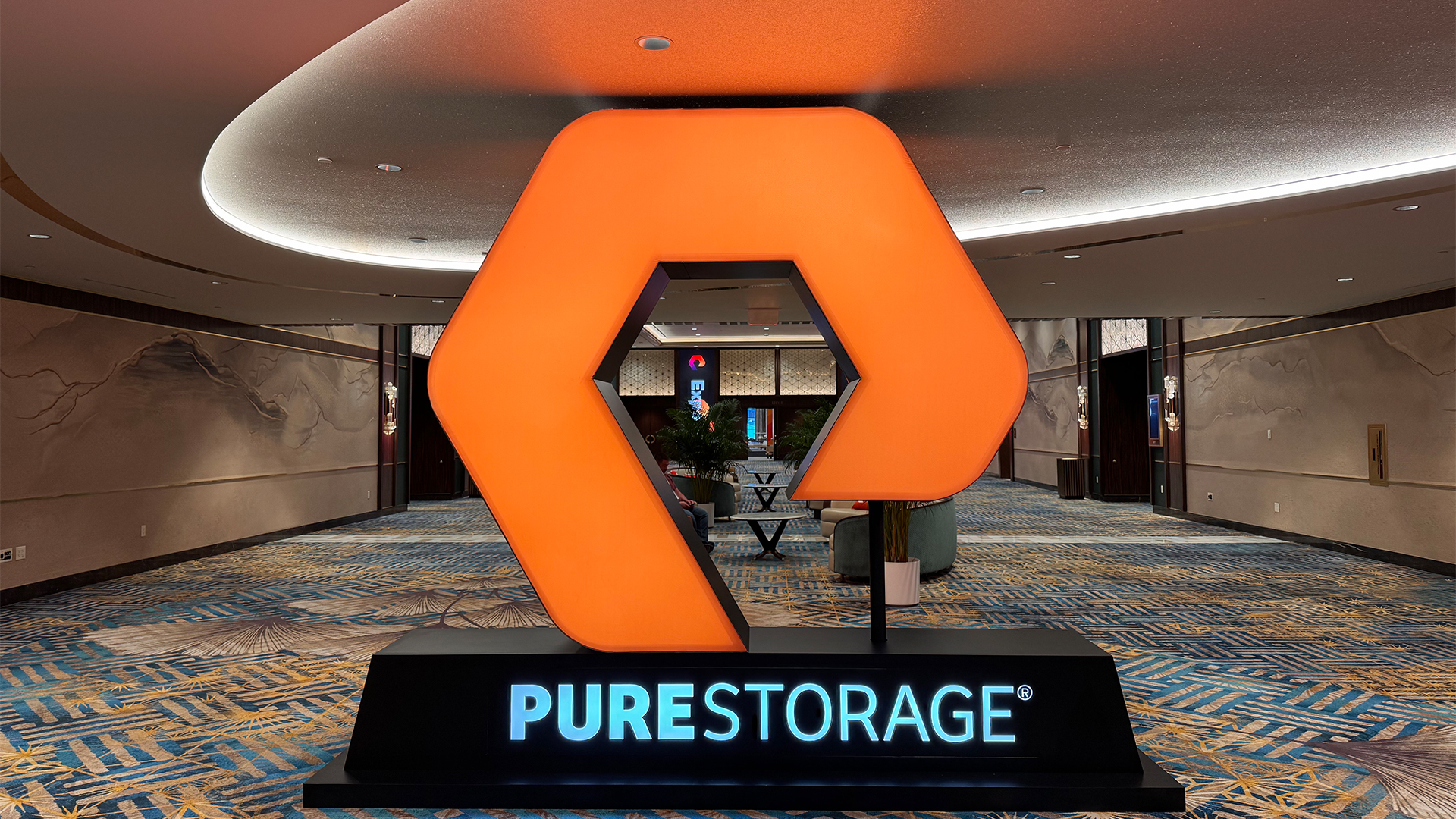Samsung Chromebook Series 5 review
As the first laptop to come pre-loaded with Chrome OS, Samsung's Series 5 Chromebook has certainly made an impression, but is it right for business? Tom Morgan and Alan Lu take an in-depth look.
As a thin client, Chrome OS is mostly a success; its ability to work solely within the cloud means it's very well locked down, but this also means it's entirely dependent on an internet connection. Without one, its usefulness is currently severely restricted. If these two points aren’t an issue, it is an excellent way to reduce your hardware acquisition and support costs over the equivalent Windows machine, but even so given the current limitations and restrictions in the design of Chrome OS we would think very, very carefully before committing to even a small-scale deployment.
It's a marathon, not a sprint.
As our multimedia applications benchmarks aren't designed for Chrome OS, we weren't able to test performance in the same way that we would test a Windows-based laptop. Instead, we used the browser-based SunSpider JavaScript benchmark; results are measured in milliseconds, so lower numbers represent better performance. An overall score of 1496 looks incredibly poor compared to a desktop PC, which will score around 250, but compared to a BlackBerry Playbook, which scored 2349ms and an iPhone 4 which scored 4153ms, it is certainly faster than a tablet or smartphone.
Happily, even when running 720p video, fan noise and heat stayed at a minimum.
We also had to test battery life differently; instead of using our usual light-use benchmark (which currently only runs on Windows or MacOS X), we timed how long it could play an MP3 file on a constant loop before it ran out of power. We made sure it stayed connected to the internet, as Chrome OS essentially becomes unusable when disconnected, but it still managed a lengthy eleven and a half hours away from the mains which is in line with what we'd expect from a modern Atom-based netbook. Of course, this is somewhat redundant if you take it on the move but don't have access to the internet.
The integrated graphics chip is supposed to be able to handle 720p high definition video, but locally stored 720p files won't play smoothly unless all browser windows are closed. YouTube 720p content encoded in H.264 played reasonably well, but there were lots of pixellation artefacts. Adobe Flash is supported natively, but HD streams on BBC iPlayer were juddery, with far too many dropped frames to be enjoyable. Happily, even when running 720p video, fan noise and heat stayed at a minimum.
Sign up today and you will receive a free copy of our Future Focus 2025 report - the leading guidance on AI, cybersecurity and other IT challenges as per 700+ senior executives
-
 Pulsant unveils high-density data center in Milton Keynes
Pulsant unveils high-density data center in Milton KeynesNews The company is touting ultra-low latency, international connectivity, and UK sovereign compute power to tempt customers out of London
By Emma Woollacott Published
-
 Anthropic Labs chief Mike Krieger claims Claude is essentially writing itself – and it validates a bold prediction by CEO Dario Amodei
Anthropic Labs chief Mike Krieger claims Claude is essentially writing itself – and it validates a bold prediction by CEO Dario AmodeiNews Internal teams at Anthropic are supercharging production and shoring up code security with Claude, claims executive
By Ross Kelly Published
-
 What to expect with Pure Storage’s 2026 partner program
What to expect with Pure Storage’s 2026 partner programNews The storage vendor has refreshed its partner program with a new Ambassador tier and greater emphasis on technical depth and services
By Daniel Todd Published